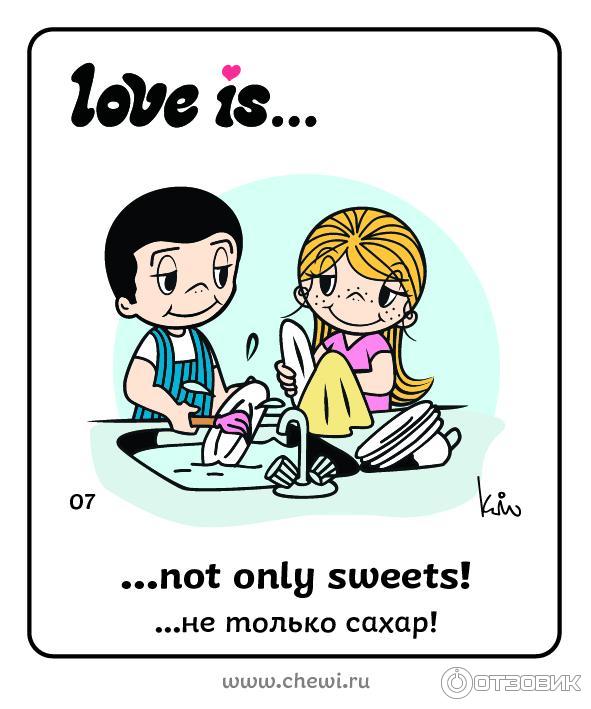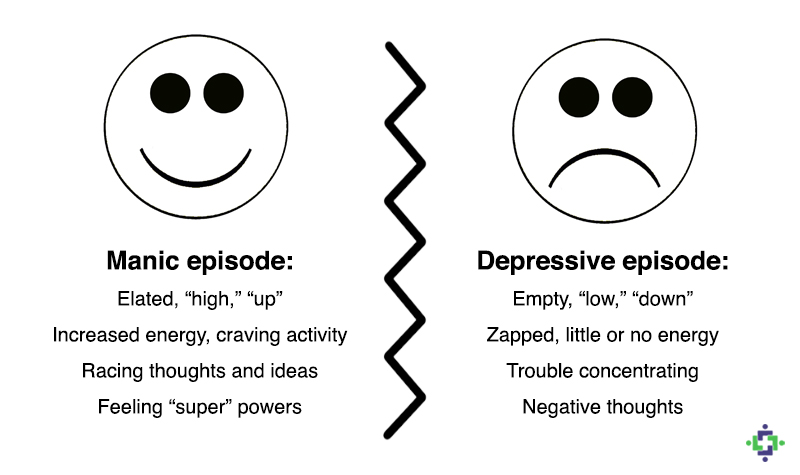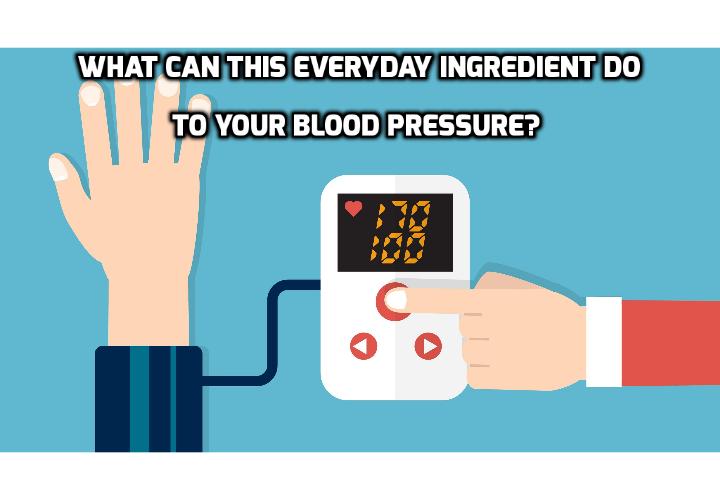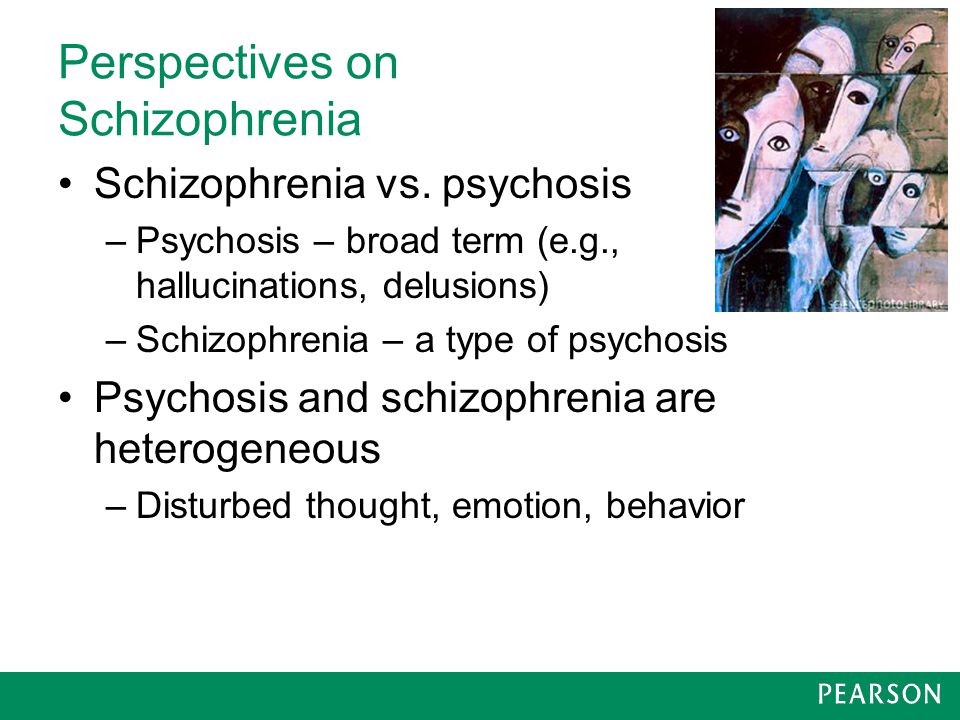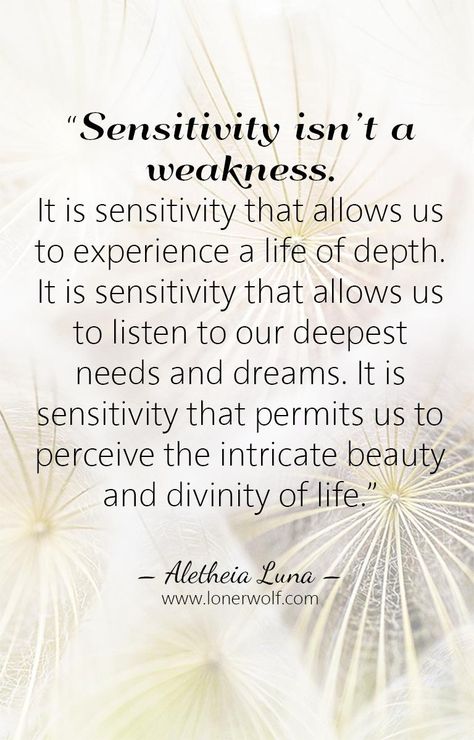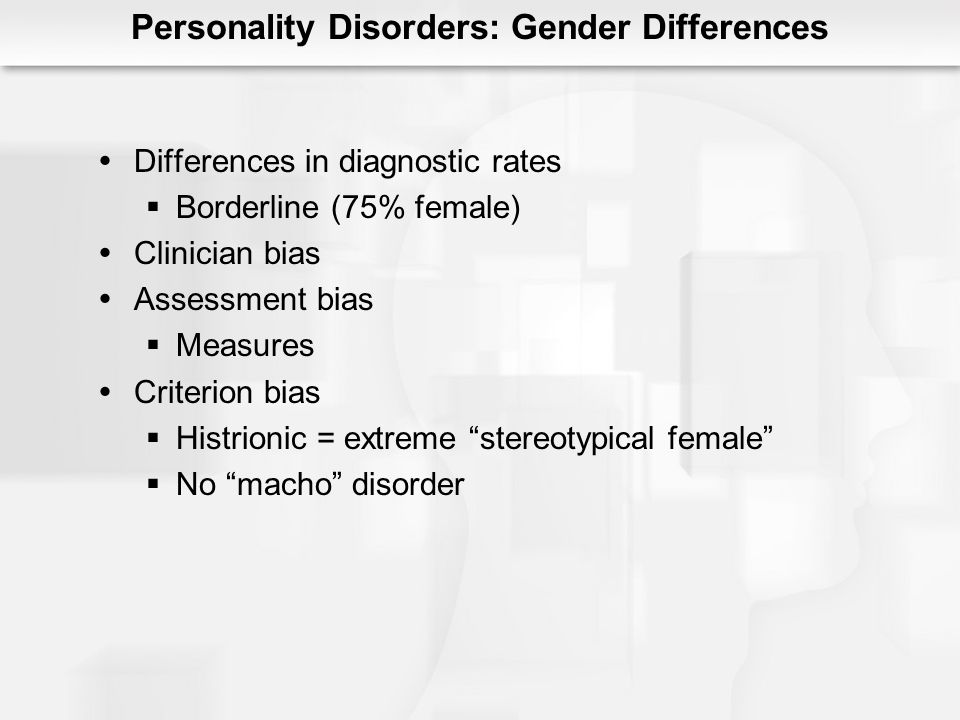Love is not all
Love is Not All (Sonnet XXX) by Edna St. Vincent Millay - Poems
"Curse thee, Life, I will live with thee no more! Thou hast mocked me, starved me, beat my body sore! And all for a pledge that was not pledged by me, I have kissed thy crust and eaten sparingly That I might eat again, and met thy sneers With deprecations, and thy blows with tears,— Aye, from thy glutted lash, glad, crawled away, As if spent passion were a holiday! And now I go. Nor threat, nor easy vow Of tardy kindness can avail thee now With me, whence fear and faith alike are flown; Lonely I came, and I depart alone, And know not where nor unto whom I go; But that thou canst not follow me I know." Thus I to Life, and ceased; but through my brain My thought ran still, until I spake again: "Ah, but I go not as I came,—no trace Is mine to bear away of that old grace I brought! I have been heated in thy fires, Bent by thy hands, fashioned to thy desires, Thy mark is on me! I am not the same Nor ever more shall be, as when I came.Ashes am I of all that once I seemed. In me all's sunk that leapt, and all that dreamed Is wakeful for alarm,—oh, shame to thee, For the ill change that thou hast wrought in me, Who laugh no more nor lift my throat to sing Ah, Life, I would have been a pleasant thing To have about the house when I was grown If thou hadst left my little joys alone! I asked of thee no favor save this one: That thou wouldst leave me playing in the sun! And this thou didst deny, calling my name Insistently, until I rose and came. I saw the sun no more.—It were not well So long on these unpleasant thoughts to dwell, Need I arise to-morrow and renew Again my hated tasks, but I am through With all things save my thoughts and this one night, So that in truth I seem already quite Free,and remote from thee,—I feel no haste And no reluctance to depart; I taste Merely, with thoughtful mien, an unknown draught, That in a little while I shall have quaffed." Thus I to Life, and ceased, and slightly smiled, Looking at nothing; and my thin dreams filed Before me one by one till once again I set new words unto an old refrain: "Treasures thou hast that never have been mine! Warm lights in many a secret chamber shine Of thy gaunt house, and gusts of song have blown Like blossoms out to me that sat alone! And I have waited well for thee to show If any share were mine,—and now I go Nothing I leave, and if I naught attain I shall but come into mine own again!" Thus I to Life, and ceased, and spake no more, But turning, straightway, sought a certain door In the rear wall.
Heavy it was, and low And dark,—a way by which none e'er would go That other exit had, and never knock Was heard thereat,—bearing a curious lock Some chance had shown me fashioned faultily, Whereof Life held content the useless key, And great coarse hinges, thick and rough with rust, Whose sudden voice across a silence must, I knew, be harsh and horrible to hear,— A strange door, ugly like a dwarf.—So near I came I felt upon my feet the chill Of acid wind creeping across the sill. So stood longtime, till over me at last Came weariness, and all things other passed To make it room; the still night drifted deep Like snow about me, and I longed for sleep. But, suddenly, marking the morning hour, Bayed the deep-throated bell within the tower! Startled, I raised my head,—and with a shout Laid hold upon the latch,—and was without. * * * * Ah, long-forgotten, well-remembered road, Leading me back unto my old abode, My father's house! There in the night I came, And found them feasting, and all things the same As they had been before.
A splendour hung Upon the walls, and such sweet songs were sung As, echoing out of very long ago, Had called me from the house of Life, I know. So fair their raiment shone I looked in shame On the unlovely garb in which I came; Then straightway at my hesitancy mocked: "It is my father's house!" I said and knocked; And the door opened. To the shining crowd Tattered and dark I entered, like a cloud, Seeing no face but his; to him I crept, And "Father!" I cried, and clasped his knees, and wept. * * * * Ah, days of joy that followed! All alone I wandered through the house. My own, my own, My own to touch, my own to taste and smell, All I had lacked so long and loved so well! None shook me out of sleep, nor hushed my song, Nor called me in from the sunlight all day long. I know not when the wonder came to me Of what my father's business might be, And whither fared and on what errands bent The tall and gracious messengers he sent. Yet one day with no song from dawn till night Wondering, I sat, and watched them out of sight.
And the next day I called; and on the third Asked them if I might go,—but no one heard. Then, sick with longing, I arose at last And went unto my father,—in that vast Chamber wherein he for so many years Has sat, surrounded by his charts and spheres. "Father," I said, "Father, I cannot play The harp that thou didst give me, and all day I sit in idleness, while to and fro About me thy serene, grave servants go; And I am weary of my lonely ease. Better a perilous journey overseas Away from thee, than this, the life I lead, To sit all day in the sunshine like a weed That grows to naught,—I love thee more than they Who serve thee most; yet serve thee in no way. Father, I beg of thee a little task To dignify my days,—'tis all I ask Forever, but forever, this denied, I perish." "Child," my father's voice replied, "All things thy fancy hath desired of me Thou hast received. I have prepared for thee Within my house a spacious chamber, where Are delicate things to handle and to wear, And all these things are thine.
Dost thou love song? My minstrels shall attend thee all day long. Or sigh for flowers? My fairest gardens stand Open as fields to thee on every hand. And all thy days this word shall hold the same: No pleasure shalt thou lack that thou shalt name. But as for tasks—" he smiled, and shook his head; "Thou hadst thy task, and laidst it by," he said.
Love is Not All by Edna St. Vincent Millay
Love Is Not All, also referred to as Sonnet XXX, is a traditional Shakespearean sonnet with fourteen lines of iambic pentameter. It consists of three quatrains and a couplet at the end. The poem was first published in Collected Poems, in 1931 and remains one of Edna St. Vincent Millay’s most popular works. This poem is a contemplation by the speaker on all the ways in which humans suffer for love. Millay begins by stating all the things that love is not, all the physical ways it cannot help someone in need of food, shelter, water, or sleep. She continues on to write about how love cannot cure disease “nor set the fractured bone.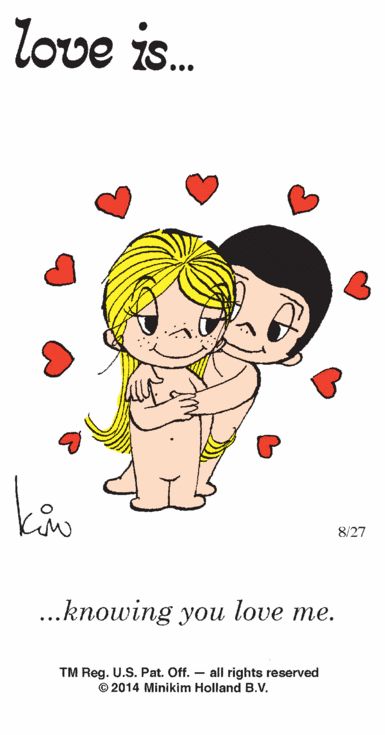 ” Despite these things, she writes, men still physically and mentally kill themselves for love. The poem takes a turn at this point to the first person in which the speaker contemplates selling her own love to save herself from a variety of fates. In the last line the speaker comes to the conclusion that she may trade her love away, but more than likely she, as all those stated above, would not.
” Despite these things, she writes, men still physically and mentally kill themselves for love. The poem takes a turn at this point to the first person in which the speaker contemplates selling her own love to save herself from a variety of fates. In the last line the speaker comes to the conclusion that she may trade her love away, but more than likely she, as all those stated above, would not.
Love Is Not All Analysis
Love is not all: it is not meat nor drink
The poem, which can be read here, begins with a basic statement that stands to summarize the first half of the poem, and is also the title, “Love is not all.” This is followed up by to more statements that carry the poem through the first quatrain. Millay states that “Love is not all;” it is not, she continues, either meat or drink. It is also neither, “slumber nor a roof against the rain.” These are things that are critical to human survival, shelter, sleep, food, and water.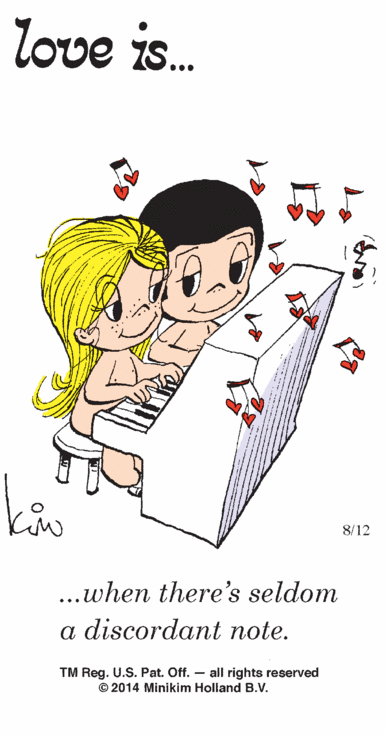 They plainly contrast with the emotion of love, something that Millay is hoping to call attention to. She is attempting to lessen loves importance by comparing to things one physically cannot live without.
They plainly contrast with the emotion of love, something that Millay is hoping to call attention to. She is attempting to lessen loves importance by comparing to things one physically cannot live without.
Continuing on to the second half of the first quatrain, Millay creates another metaphor, or a comparison between two unlikely elements.
Nor yet a floating spar to men that sink
And rise and sink and rise and sink again;
In this instance Millay is once again comparing love to something physically critical to human survival, a “spar.” A spar is a strong pole that is used as a mast of a ship. In this comparison, it is something a man on a sinking ship would want desperately as a way to reinforce his damaged vessel. Love would do him little good at this critical moment. The next line is a repetition of the motions of a drowning man as he sinks below the surface only to rise up again and sink once more.
The second quatrain begins with:
Love can not fill the thickened lung with breath,
Millay continues the comparison at the end of the first quatrain as she speaks here of death and the little good love will have in stopping it.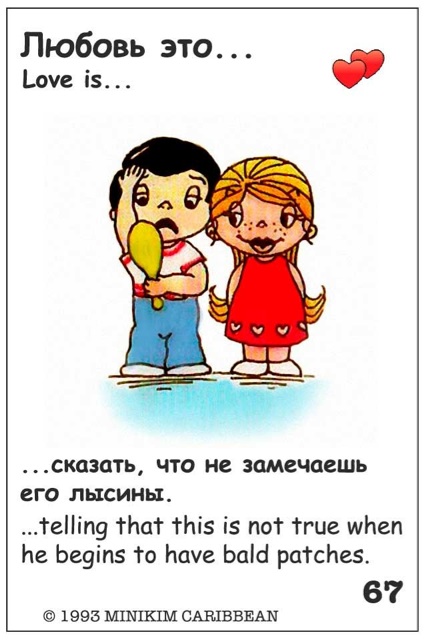 In this case the “thicken[ing] [of] lung.” This could refer once again to drowning or more likely to tuberculosis. This second theory is reinforced by the first half of the next line:
In this case the “thicken[ing] [of] lung.” This could refer once again to drowning or more likely to tuberculosis. This second theory is reinforced by the first half of the next line:
Nor clean the blood,
It is well known that when one is afflicted with tuberculosis the lungs can begin to fill with blood and during the 1930’s TB was much more prevalent than it is today. This makes it a likely disease for Millay to have chosen to contrast against love. She makes one last comparison in this quatrain, describing how love cannot set the fractured bone. In general, with these metaphors, she is attempting to get across the notion that love is nothing but an emotion that can do nothing for one in a critical, life threatening situation. This is the turning point of the sonnet, or volta. A volta is a vital point in almost all sonnets in which many things can happen. The transition from one speaker to another, a change in opinion, or in this case, a change in perspective.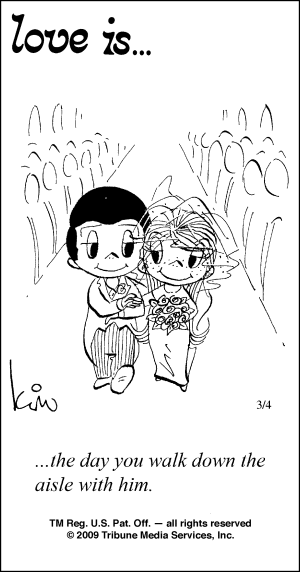 After this point, the speaker starts using first person to address the issue more personally.
After this point, the speaker starts using first person to address the issue more personally.
Yet many a man is making friends with death
Even as I speak, for lack of love alone.
In these lines, Millay references all the comparisons above, and her speaker is saying, basically, that even with all the truths that have thus far been stated, men still kill themselves because they do not have love. This line is written with a kind of disbelief as if the speaker has a hard time understanding how this could possibly be the case. The next quatrain and final couplet are single idea contemplated by the speaker on what she might do in various situations if she had love and could give it away to save herself or assuage some kind of pain.
It well may be that in a difficult hour,
Pinned down by pain and moaning for release,
Here the speaker begins to list possible scenarios in which she might be willing to, give away “your love for peace,” as she states in the last line of the final quatrain.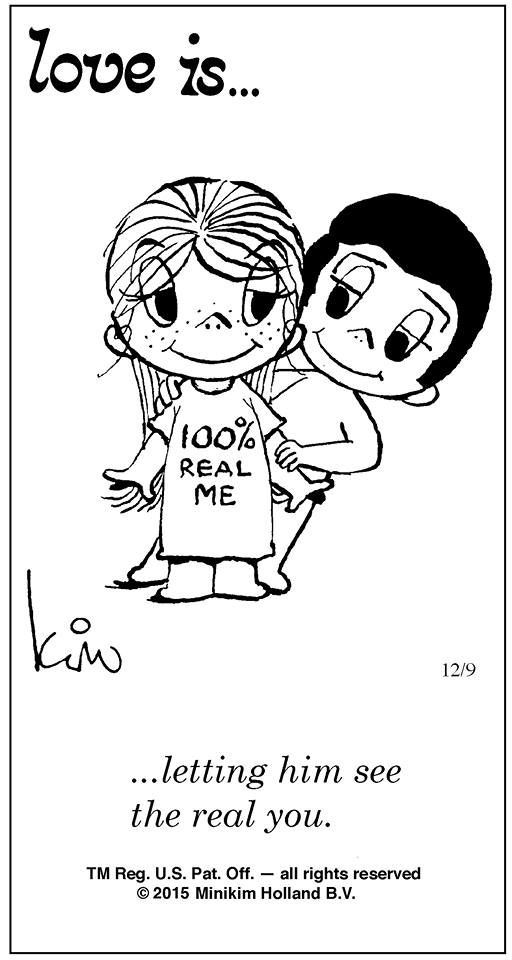 These two scenarios mirror the ones the speaker has described in the first half of the poem, a difficult hour without food, water, or shelter, and pinned down by pain as if afflicted with a deadly disease such as tuberculosis was then.
These two scenarios mirror the ones the speaker has described in the first half of the poem, a difficult hour without food, water, or shelter, and pinned down by pain as if afflicted with a deadly disease such as tuberculosis was then.
The next line is one of the most poignant.
Or nagged by want past resolution’s power,
In this line the speaker remembers her life before the start of this love she is ruminating on. She remembers the decisions she used to make and the resolution, or determination, that they had. One may infer that now, at least to the speaker, her decisions are weaker, influenced by love’s sway or the stronger will of her partner. The final comparison comes in the first line of the couplet in which the speaker considers “trading the memory” of one particularly special night for food, These are all things, the speaker contemplates, she may be willing to sell her love to gain, or regain.
The final line of the poem is the conclusion of all of this contemplation and consideration.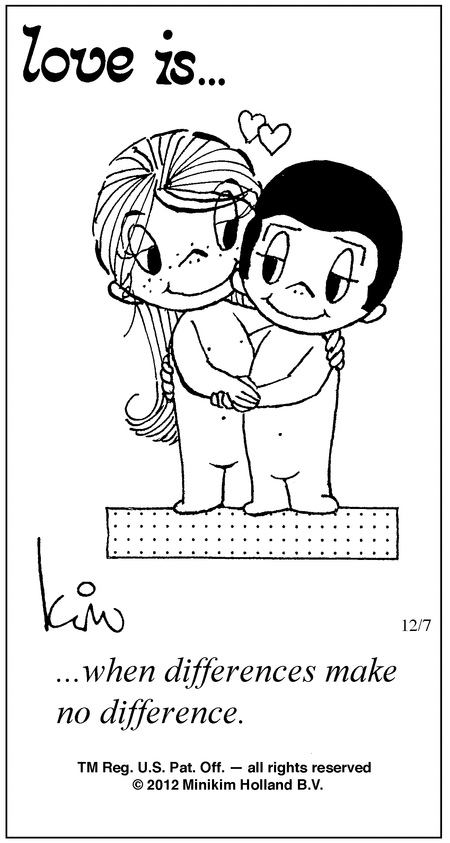 She considers once more that she may “sell your love,” but concludes that, even with all her rational arguments throughout the sonnet, she does not think she would. This final turn in the last line of the poem shows the speaker to be just as fallible and subject to the control love places over one’s decisions as all those she formally references.
She considers once more that she may “sell your love,” but concludes that, even with all her rational arguments throughout the sonnet, she does not think she would. This final turn in the last line of the poem shows the speaker to be just as fallible and subject to the control love places over one’s decisions as all those she formally references.
About Edna St. Vicent Millay
Edna St. Vincent Millay was born in Rockland, Maine in 1892. She was raised, along with her two sisters, by a single mother. She became involved in writing poetry at a young age and gained a scholarship to Vassar College where she became involved in theatre. She would become one of the most respected poets in America and would win the Pulitzer Prize in 1923 for her collection of poems, The Ballad of the Harp-Weaver. Her popularity stemmed from both her remarkably crafted sonnets and her bohemian lifestyle, including her political stances, and open relationships.
About Emma Baldwin
Emma graduated from East Carolina University with a BA in English, minor in Creative Writing, BFA in Fine Art, and BA in Art Histories.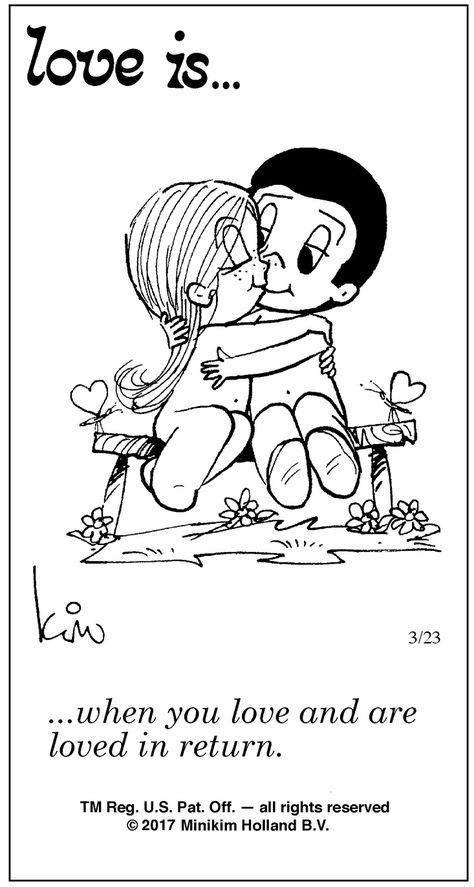 Literature is one of her greatest passions which she pursues through analyzing poetry on Poem Analysis.
Literature is one of her greatest passions which she pursues through analyzing poetry on Poem Analysis. “Love is not everything”: 3 bitter truths
50,180
Man and woman
"). By the way, he beat his wives, did not care about the child, made anti-Semitic and homophobic remarks about his manager, and once lay naked in bed under the lenses of television cameras for a whole day.
35 years later, Trent Reznor of Nine Inch Nails wrote the song Love is Not Enough. Reznor, despite his notoriety, was able to overcome his drug and alcohol addiction and sacrificed his music career to spend more time with his wife and children.
One of these men had a clear and realistic idea of love, the other did not. One idealized love, the other did not. One may have suffered from narcissism, the other may not.
If love solves all problems, why worry about the rest - it still has to sort itself out somehow?
If, like Lennon, we believe that love is enough, then we tend to ignore such fundamental values as respect, decency and devotion to those whom we have "tamed".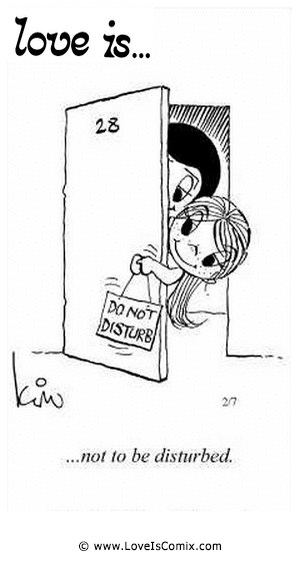 After all, if love solves all problems, why worry about the rest - it still has to sort itself out somehow?
After all, if love solves all problems, why worry about the rest - it still has to sort itself out somehow?
While agreeing with Reznor that love alone is not enough, we acknowledge that healthy relationships require more than intense emotions and passion. We understand that there is something more important than the fever of falling in love, and happiness in marriage ultimately depends on many other factors that are not made in films and songs are not sung about.
Here are three truths.
1. LOVE IS NOT EQUALIZED WITH COMPATIBILITY
Just because you fell in love does not mean that the person is right for you. People fall in love with those who not only do not share their interests, but are able to destroy their lives. But the belief that the existing "chemistry" is the main thing makes one despise the voice of reason. Yes, he is an alcoholic and spends all his (and your) money in the casino, but this is love and you must be together at all costs.
When choosing a life partner, listen not only to the sensations of fluttering butterflies in your stomach, otherwise hard times will come sooner or later.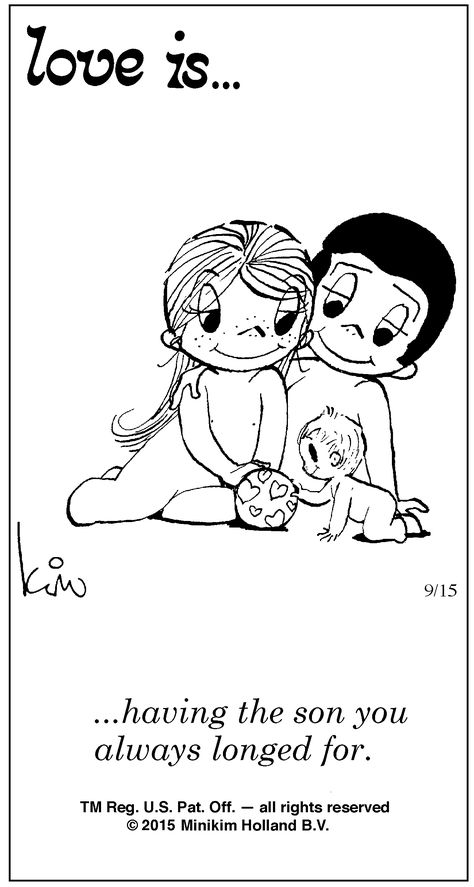
2. LOVE DOES NOT SOLVE LIFE'S PROBLEMS
My first girlfriend and I were madly in love. We lived in different cities, our parents were at enmity, we had no money and we constantly quarreled over trifles, but each time we found solace in passionate confessions, because love was a rare gift and we believed that sooner or later she would win.
Although love helps to perceive life's troubles with optimism, it does not solve them.
However, this was an illusion. Nothing changed, the scandals continued, we suffered from the inability to see each other. Phone conversations lasted for hours, but there was little point in them. Three years of torment ended in a break. The lesson I learned from this is that while love can help you be optimistic about life's troubles, it doesn't solve them. A happy relationship requires a stable foundation.
3. SACRIFICES FOR LOVE ARE seldom justified
From time to time all partners sacrifice desires, needs and time.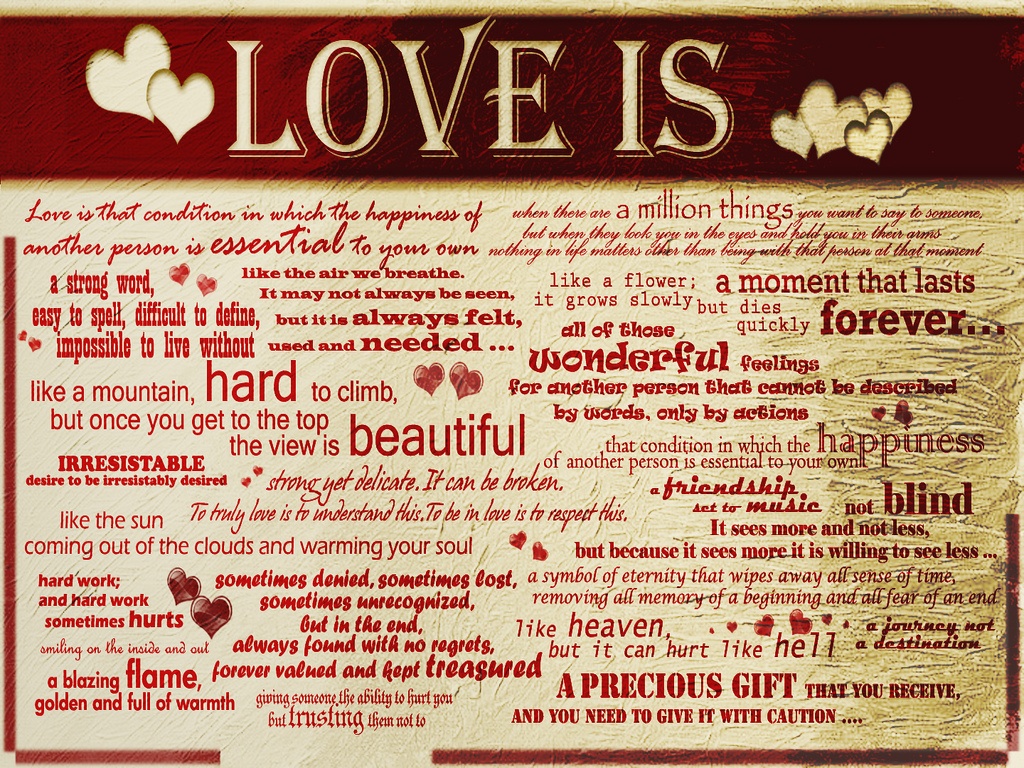 But if for the sake of love you have to sacrifice self-esteem, ambition, or even a calling, it starts to destroy you from the inside. Intimate relationships should complement our individuality.
But if for the sake of love you have to sacrifice self-esteem, ambition, or even a calling, it starts to destroy you from the inside. Intimate relationships should complement our individuality.
You can succeed in love only if something more important than this feeling appears in your life. Love is magic, a wonderful experience, but like any other, this experience can be positive or negative and should not define who we are or why we are here. All-consuming passion should not turn you into your own shadow. Because when this happens, you lose both yourself and love.
About the author: Mark Manson is a blogger.
Text: Xenia Diakova-Tinoku Photo Source: Getty Images
New on the site
“My husband had an intimate correspondence with my girlfriend. So he was going to improve our relationship with him”
“I am constantly looking for attention from men, but relations with them do not work out”
What traits do you need to have in order to take your loved one away from the family?
Madonna or the harlot: why a man sees in a woman either a mother or a mistress - an explanation of psychologists
“A day to think”: how Russians who emigrated from the country live
Top 25 best domestic TV series of 2022: check if you missed the most interesting
“People around me like my poems, but I consider myself a mediocre rhymer”
The Body Hints Loudly: 6 Signs You're Ignoring Your True Desires
Edna St.
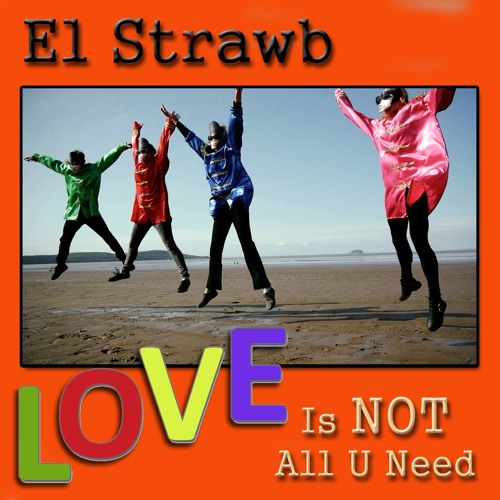 Vincent Millay "Love is Not All"
Vincent Millay "Love is Not All" Vincent Millay0003
Tania-Soleil Journal Posted on by Tatiana Chernetsova
American poetess Edna St. Vincent Millay (1892–1950) poem “Love is not everything…” in English and six translations into Russian.
Love is Not All (Sonnet XXX)
Love is not all: it is not meat nor drink
Nor slumber nor a roof against the rain;
Nor yet a floating spar to men that sink
And rise and sink and rise and sink again;
Love can not fill the thickened lung with breath,
Nor clean the blood, nor set the fractured bone;
Yet many a man is making friends with death
Even as I speak, for lack of love alone.
It well may be that in a difficult hour,
Pinned down by pain and moaning for release,
Or nagged by want past resolution's power,
I might be driven to sell your love for peace,
Or trade the memory of this night for food.![]()
It well may be. I don't think I would.
Edna St. Vincent Millay (1892-1950)
Love is not everything...
Love is not everything: not bread and not water,
Not a roof in a downpour, not naked - clothes;
Not a trunk floating towards the drowning, when
Strength and hopes have already run out.
Love does not replace air,
When there is not enough breath in the lungs,
Does not splice the bone, does not purify the blood,
And without love, no one dies.
I admit, such an hour will strike,
When, tired of unbearable pain,
For relief, rest and peace
I will give your love involuntarily
Or I change the memory of those nights for food.
Possibly. But I hardly go for it.
Edna St. Vincent Millay
Translation by Marguerite Aliger
Love is not everything...
Love is not everything, not meat and not beer,
not rest, not shelter in a thunderstorm,
not a log in a river in the flood ,
when the swimmer is up and down.
Love cannot enliven the breath.
She is not handy for bone-setting work.
Will not let blood flow, will not bring consciousness,
but if it does not come, then people often die.
Perhaps, in a difficult time,
when there is no support in need,
completely confused in my problem,
I will exchange your love for peace,
and the memory of this night - for food ... -
but it is unlikely that I will be bought at such a price .
Edna St. Vincent Millay
Translated by Vladimir Korman
* * *
Love is not everything: not meat, not drink,
Not fuel, not a roof from the rain,
Not a mast to cling to
During a storm, sliding up and down.
No, a sip of air will not offer
Love will not heal from lameness,
But those who vegetate without it,
With death, they become “you”.
And, perhaps, in the most difficult hour
I wish to become completely different:
When need and pain overtake us
I will exchange love for peace,
And I will exchange memory for food.
Anything is possible... No, that's right, I can't.
Edna St. Vincent Millay
Translated by Galina Itskovich
* * *
Love is not everything: not food, not drink,
Not a roof in the rain and not a wonderful dream,
A swimmer cannot grasp it,
When immersed without strength in the abyss.
It is impossible to fill the lungs with it,
Neither the bone can be healed, nor the heat in the blood can be calmed,
But someone chooses death as a friend,
Not accepting life without love.
Who knows if such an hour will not strike
On one of the dark hopeless days,
When I decide to buy peace for myself
And silence at the cost of your love,
I will exchange my memory of this night for food.
Everything is possible. No, that's right, I won't go for it.
Edna St. Vincent Millay
Translated by Vera Tarzaeva (?)
* * *
Love is not everything: not food, not water,
Not sound sleep, not shelter;
Not a mast among the stormy waves, when
You lose the strength to swim, barely alive.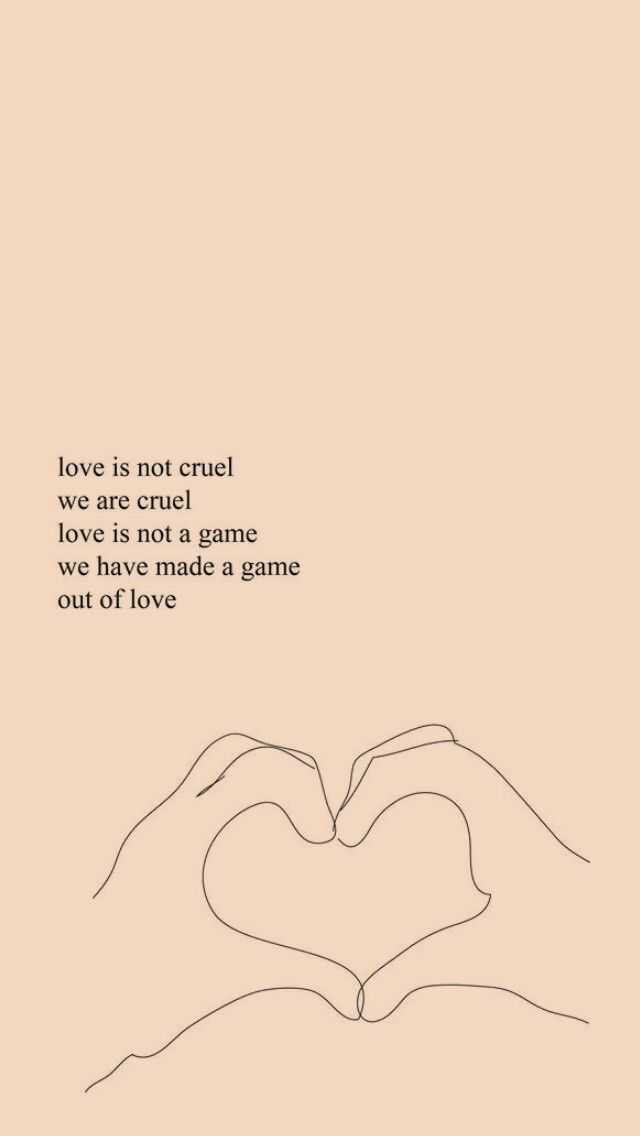
It is impossible for her to breathe instead of air,
Neither to set the bone, nor to calm the heat in the blood,
But someone chooses death as a friend,
Not accepting life without love.
Who knows if such an hour will not strike
On one of the black hopeless days,
When I decide to buy myself peace
And silence at the cost of your love,
I will exchange my memory for bread at the auction
Perhaps. It's just that I can't.
Edna St. Vincent Millay
Translated by Irina Baral
* * *
Love is not everything: not food, not water,
Not a roof from the rain, not a light sleep.
Not fragile raft for drowning when
The crests of the waves carry them up and down.
It is impossible to hope for love:
It will not set the bone, it will not relieve the heat in the blood.
But there are those who take death as friends
Now - because of the lack of love.
And my pain is so deep,
That, perhaps, with an unshakable hand
I'll sell your love under the hammer
And at the auction I will gain peace.